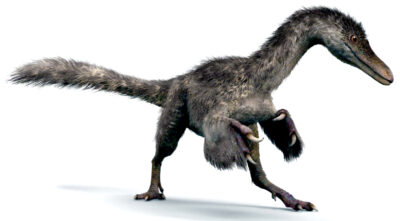International Origin of Life Conference
 “The origin of life on Earth is a scientific problem,” according to WIKIPEDIA, “which is not yet solved. There are many ideas but few clear facts.” To address this issue, in 2013, Princeton University hosted an international origin of life conference.
“The origin of life on Earth is a scientific problem,” according to WIKIPEDIA, “which is not yet solved. There are many ideas but few clear facts.” To address this issue, in 2013, Princeton University hosted an international origin of life conference.
In the nineteenth century, the “spontaneous generation” theory had long been the natural explanation for the origin of life, starting in Greek philosophy. Even Charles Darwin, centuries later, in The Origin of Species (1859), endorsed the theory.
The famous French microbiologist Louis Pasteur, however, proved the origin of life was anything but “spontaneous.” For the finding, the French Academy of Sciences awarded the Alhumbert Prize to Pasteur in 1862. Since then, a consensus on a replacement theory remained unfinished business.
To develop a consensus for the long-defunct “spontaneous generation” theory, researchers from Canada, the United Kingdom, France, Germany, Mexico, and Japan, representing twenty-seven institutions, gathered for thirty-nine presentations at the Princeton Center for Theoretical Science (PCTS).

 Paleontologist
Paleontologist 